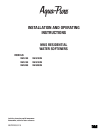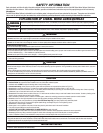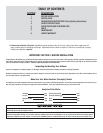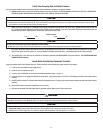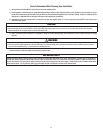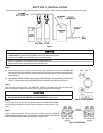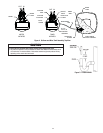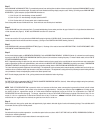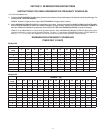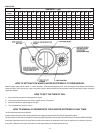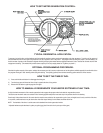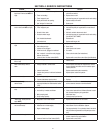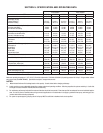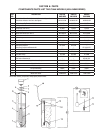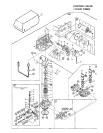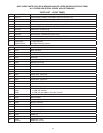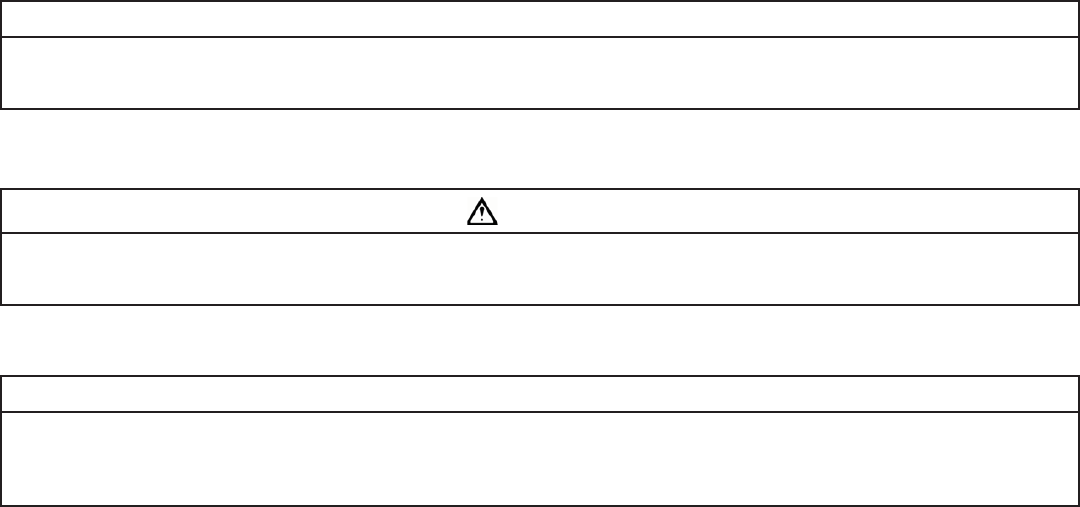
1-3
Facts to Remember While Planning Your Installation:
1) All installation procedures MUST conform to local and state plumbing codes.
2) If lawn sprinkling, a swimming pool, or geothermal heating/cooling or water for other devices/activities are to be treated by the water softener, a larger
model MUST be selected to accommodate the higher fl ow rate plus the backwashing requirements of the water softener. Consult our Customer Service
Department at 1-866-990-9785 for alternative instructions if the pumping rate is insuffi cient.
3) Remember that the water softener INLET is attached to the pipe that supplies water (i.e. runs to the pump) and the OUTLET is the line that runs
toward the water heater.
CAUTION
To reduce the risk associated with property damage due to plugged water lines:
• Pay particular attention to correct orientation of control valve. Water fl ow should match arrow on control valve. The Inlet and Outlet of other water treatment
equipment products will vary depending on the control valve brand used.
4) Before commencing the installation it is advisable to study the existing piping system and to determine the size, number and type of fi ttings
required.
WARNING
To reduce the risk associated with a hazardous voltage:
• If the home electrical system requires use of the cold water system as an electrical safety ground, a jumper must be used to ensure a suffi cient ground connection
across the fi lter installation piping — refer installation to qualifi ed personnel.
5) Sweep the fl oor to eliminate objects that could pierce the brine tank.
IMPORTANT NOTE
Sodium Information: Water softeners utilizing sodium chloride for regeneration add sodium to the water softened water. Persons who are on sodium re-
stricted diets should consider the added sodium as part of their overall sodium intake. As a reference as to how much sodium is added to softened water
consider the following. For each grain per gallon of water hardness that is exchanged from the water supply, 7.5 milligrams per liter of sodium will be added
to the softened water. e.g. 10 grains per gallon (gpg) exchanged will add 75 milligrams of sodium to the softened water.



